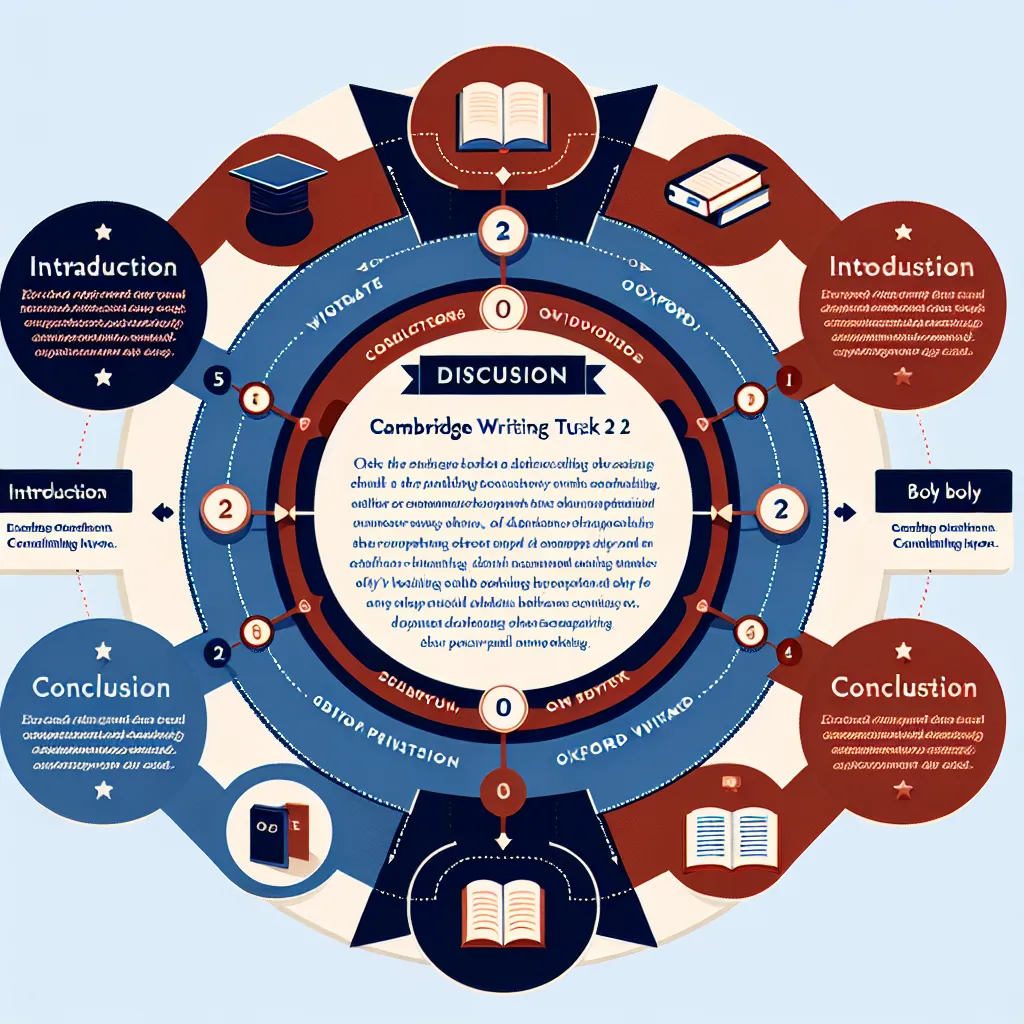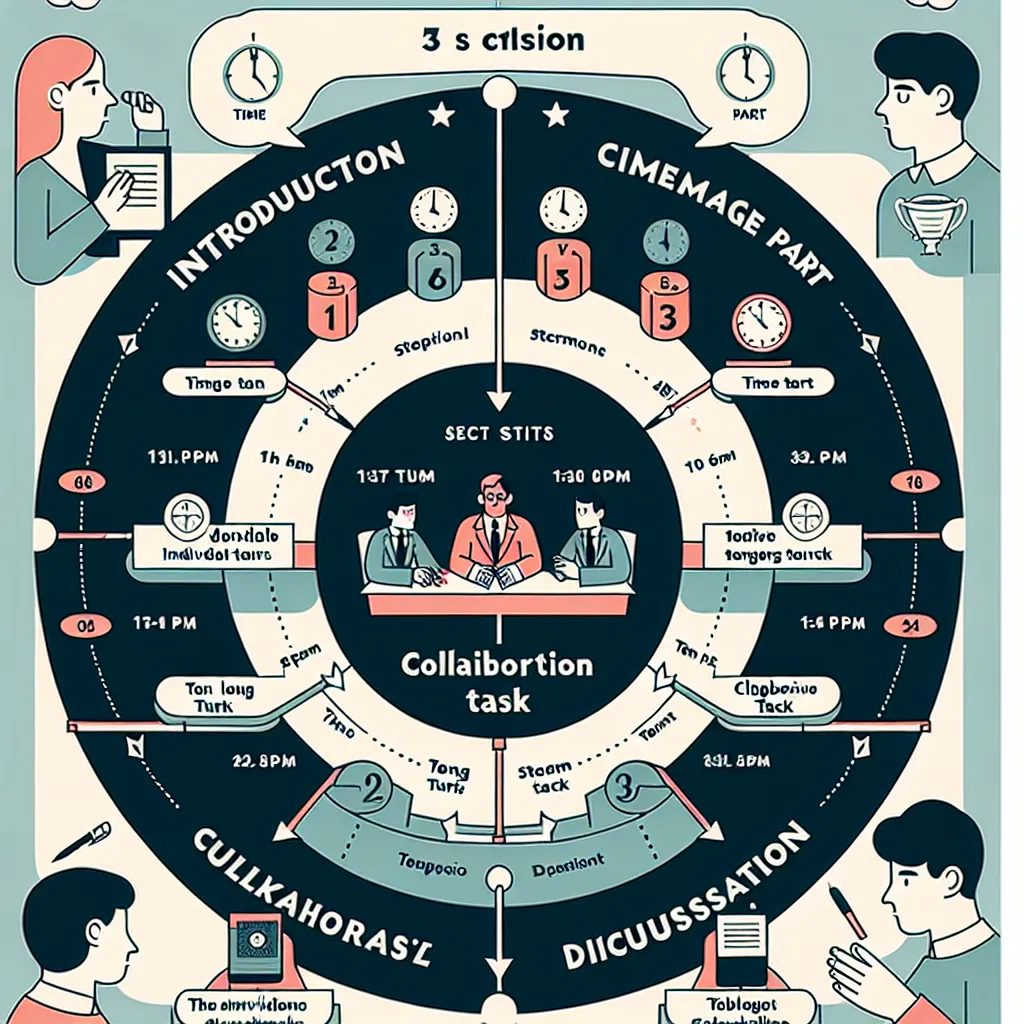Vocabulary plays a crucial role in the Cambridge exams, serving as a fundamental building block for success across all language skills. Whether you’re preparing for the Cambridge English: First (FCE), Advanced (CAE), or Proficiency (CPE), a robust vocabulary is essential for achieving a high score and demonstrating your English language proficiency.
 Cambridge Exam Vocabulary Importance
Cambridge Exam Vocabulary Importance
The Significance of Vocabulary in Cambridge Exams
Foundation for All Language Skills
Vocabulary is the cornerstone of language proficiency, impacting every aspect of the Cambridge exams. Here’s how it influences different sections:
-
Reading: A broad vocabulary enables you to understand complex texts, infer meaning, and answer comprehension questions accurately.
-
Writing: Rich vocabulary allows you to express ideas clearly, use appropriate register, and showcase lexical resource – a key marking criterion.
-
Listening: Knowing a wide range of words helps you comprehend audio materials, even when faced with unfamiliar accents or fast speech.
-
Speaking: A varied vocabulary empowers you to articulate thoughts precisely, discuss abstract topics, and demonstrate fluency.
Impact on Overall Performance
The Cambridge Assessment English emphasizes the importance of vocabulary in their marking schemes. For instance, in the writing and speaking sections, “Lexical Resource” is a specific criterion used to evaluate candidates’ performance. This means that your ability to use a wide range of vocabulary accurately and appropriately directly affects your score.
Strategies to Enhance Your Vocabulary for Cambridge Exams
1. Systematic Vocabulary Learning
Adopt a structured approach to learning new words:
- Set a daily target (e.g., 10-15 new words)
- Use vocabulary lists tailored for your Cambridge exam level
- Create flashcards or use apps like Quizlet or Anki for spaced repetition
2. Contextual Learning
Don’t just memorize words in isolation:
- Read extensively from Cambridge-recommended sources
- Watch English movies, TV shows, and documentaries with subtitles
- Listen to podcasts on various topics to expose yourself to different contexts
3. Focus on Word Families and Collocations
Expand your vocabulary efficiently:
- Learn word families (e.g., ‘create’, ‘creative’, ‘creation’, ‘creativity’)
- Study common collocations (e.g., ‘heavy rain’, ‘strong coffee’, ‘deep sleep’)
- Use a collocation dictionary to enhance your understanding
4. Practice Active Use
Apply your vocabulary knowledge regularly:
- Write essays or blog posts using newly learned words
- Engage in conversations with native speakers or language exchange partners
- Participate in online forums or discussion groups related to your interests
5. Utilize Exam-Specific Resources
Leverage materials designed for Cambridge exams:
- Use official Cambridge preparation books that focus on vocabulary
- Practice with past exam papers to familiarize yourself with the type of vocabulary tested
- Attend preparation courses that emphasize vocabulary building techniques
Common Pitfalls to Avoid
-
Overreliance on Translation: Avoid constantly translating words to your native language. Instead, try to think in English and use English-English dictionaries.
-
Neglecting Pronunciation: Remember that knowing a word includes pronouncing it correctly. Use resources like Cambridge Dictionary online to check pronunciation.
-
Ignoring Context: Don’t learn words in isolation. Always study example sentences to understand usage and connotations.
-
Focusing Only on New Words: While learning new vocabulary is important, don’t forget to revise and use words you’ve already learned.
-
Overlooking Phrasal Verbs and Idioms: These are crucial for achieving a natural, native-like fluency in English.
Next Steps for Vocabulary Mastery
-
Take a diagnostic test to identify your current vocabulary level and areas for improvement.
-
Create a personalized vocabulary learning plan based on your Cambridge exam level and target score.
-
Incorporate vocabulary learning into your daily routine, aiming for consistent, long-term growth.
-
Regular self-assessment: Use practice tests to gauge your progress and adjust your learning strategy as needed.
-
Join online study groups or forums dedicated to Cambridge exam preparation to share tips and stay motivated.
By prioritizing vocabulary development in your Cambridge exam preparation, you’re setting a strong foundation for success across all sections of the test. Remember, a rich and accurate vocabulary not only helps you perform well in the exam but also enhances your overall English language proficiency, opening doors to better communication in academic and professional settings.
[internal_links]
In conclusion, vocabulary is undeniably crucial for success in Cambridge exams. It’s not just about knowing more words; it’s about understanding their nuances, using them accurately, and applying them effectively in various contexts. By following the strategies outlined above and avoiding common pitfalls, you can significantly boost your vocabulary and, consequently, your performance in the Cambridge exams. Start your focused vocabulary journey today, and watch your confidence and proficiency in English soar!




